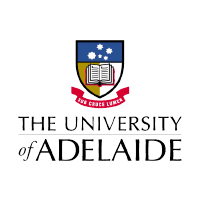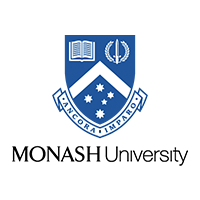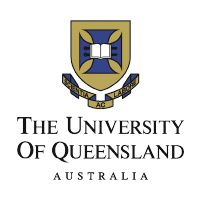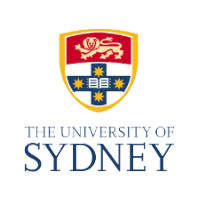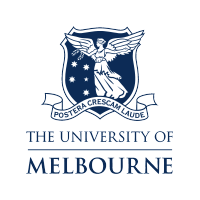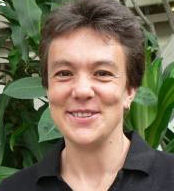 Tamsin Barnes
Senior Research Fellow, The University of Queensland School of Veterinary Science
Tamsin Barnes
Senior Research Fellow, The University of Queensland School of Veterinary Science
Master of Biostatistics, University of Queensland and BCA Star Graduate 2016
I fell into a career in veterinary epidemiology after completing a PhD in veterinary parasitology. I soon appreciated that I wanted a deeper understanding of the biostatistical methods that I was starting to use. I wasn’t sure how to achieve that, but a couple of colleagues independently recommended the BCA program to me. It turned out to be exactly what I wanted. I found the first courses providing the background in mathematics and statistical theory the most challenging, but they were essential to getting the most out of the subsequent more applied courses. All the courses provided a good balance of notes/readings and practical activities and the online discussion forums provided a good opportunity to interact with and learn from other students as well as course coordinators.
In my current position, I use the skills that I learned during the BCA program on a daily basis and frequently refer back to course notes, do files, readings etc. I’d thoroughly recommend the program to anyone interested in pursuing a career in biostatistics or related fields.
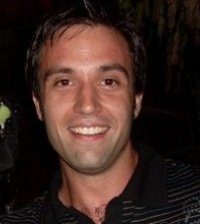 Gary Segal
Senior Quantitative Analyst, Aurizon
Gary Segal
Senior Quantitative Analyst, Aurizon
Master of Biostatistics, University of Queensland and BCA Star Graduate 2016
I have found this to be an exceptional program. The program couples the rigour of a traditional university qualification with flexible online delivery.
All courses were thoroughly engaging, of an excellent standard and linked together very well. Foundation courses provide the theory to confidently apply concepts from mathematical statistics and probability theory in later courses and beyond. Courses bridge the gap between mathematical understanding and applications in health and science research.
As a graduate one is equipped to perform appropriate statistical analysis, understand what is happening “beneath the hood”, and tailor the interpretation of results to the intended audience.
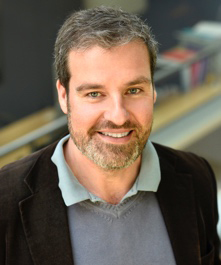 Miguel Angel Luque-Fernandez
Lectuer, Epidemiology and Biostatistics London School of Hygiene and Tropical Medicine
Miguel Angel Luque-Fernandez
Lectuer, Epidemiology and Biostatistics London School of Hygiene and Tropical Medicine
Master of Biostatistics, University of Newcastle 2015
Before my BCA experience, I held a Ph.D. and MSc degrees in Epidemiology. Always, I wanted to gain a better mathematical understanding of the methods and statistical tools that as a researcher I was using.
I think that our society is currently experiencing a data-driven revolution with increased access to a wide variety and quantity of multidimensional data in the health sector. I believe that any applied researcher responsible for medical data analysis should have a firm grounding in mathematics and biostatistics. BCA Master in Biostatistics has given me this and provided me with training in the application of statistics to public health and epidemiological research and broadened the statistics skills I had gained during my Ph.D. I found the courses to be well designed and enjoyed being taught by leaders in the field across a range of universities.
I recommend the BCA experience to anyone interested in becoming a grounded applied biostatistician interested in developing a high quality standard of science using the best and current applied statistical knowledge needed to answer complex biomedical questions in epidemiology and public health.
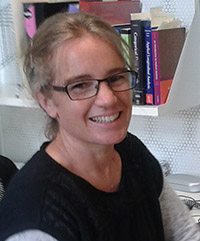 Kate Chappell
Project Officer, Menzies Institute for Medical Research, University of Tasmania
Kate Chappell
Project Officer, Menzies Institute for Medical Research, University of Tasmania
Master of Biostatistics, University of Sydney 2015
The Master of Biostatistics course has been fantastic: well run, engaging and surprisingly interesting.
I’ve enjoyed every unit, and have been employed in a data management and stats position for 2 years now, with more offers of work than I have time for in my week – all as a direct result of the skills I’ve acquired during this course. Taking up biostats was a very good move for me.
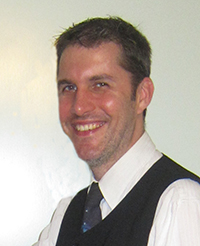 Simon Turner
Research Officer (Biostatistics) Australasian Cochrane Centre
Simon Turner
Research Officer (Biostatistics) Australasian Cochrane Centre
Master of Biostatistics, University of Melbourne and BCA Star Graduate 2015
I had been teaching physics for ten years when my first child was born. I resigned from my teaching career to become a stay-at-home father. I had always been interested in health research due to interactions with friends and family and became aware that there was a shortage in Australia of skilled biostatisticians. So after a bit of research I began studying part time for my Master of Biostatistics through the BCA program, which is internationally acknowledged as being excellent.
With a good mathematical foundation, but no background in either health or statistics, there was a steep learning curve for me. Fortunately, the BCA program is well tailored to suit online, part time study. The lecturers, instructors and associated staff were always helpful and the online discussion groups enabled conversations to take place between colleagues from a wide range of backgrounds.
I very much appreciated the time and effort that was spent organising the comprehensive course notes (which I often refer back to) and the learning activities and assessments that were so often based on highly practical applications of the theory. Having now been employed for several months as a biostatistician, I can say that I am proud of completing my challenging studies, that the course well equipped me for my current role and that I am enjoying my fledgling new career!
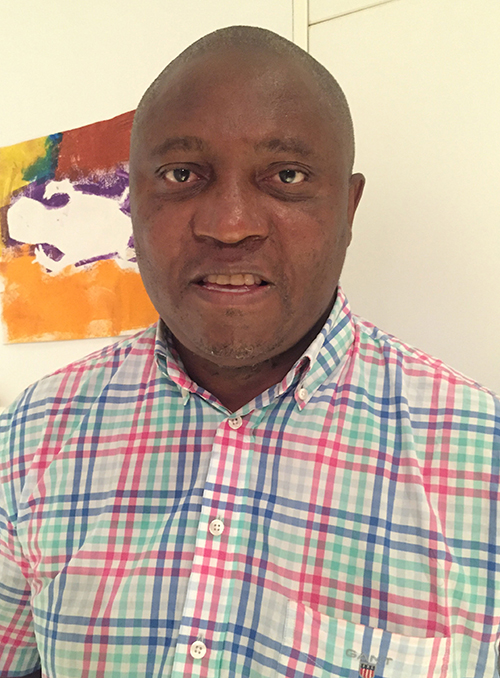 Sandawana William Majoni
Specialist Physician and Nephrologist Royal Darwin Hospital
Sandawana William Majoni
Specialist Physician and Nephrologist Royal Darwin Hospital
Master of Biostatistics, University of Newcastle 2015
Statisticians with whom I worked inspired me to explore the possibility of formally training in statistics.The Biostatistics Collaboration Australia course offered me the best opportunity to undertake this aspiration. The structured nature of the course, the online delivery of the teaching and the ready availability of help when needed gave me the best option as my full time job as a clinician is extremely busy. With an ambitious self-set target to finish the course in the shortest possible time I had to work extra hard both at work and at home to create the opportunity.
Though ambitious, the effort was worth it. The directed learning over a range of statistics topics starting with the mathematical background theory to the practical applications of statistical principles has afforded me a higher level of understanding of statistical procedures invaluable to the vast majority of research work that is performed in medicine in general, in nephrology in particular and that is published in the medical literature.
Although time constraints created challenges, I enjoyed the course immensely and have already recommended it to 2 of my colleagues, who are now doing it. This course has provided me with the possibility of increasing my contribution to research which has been one of my life long career dreams.
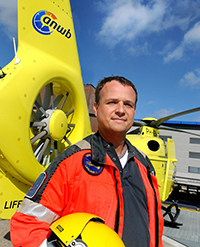 Patrick Schober
Anesthesiologist and Helicopter Emergency Medical Services Physician, Research Coordinator Acute Medicine, VU University Medical Center Amsterdam, The Netherlands
Patrick Schober
Anesthesiologist and Helicopter Emergency Medical Services Physician, Research Coordinator Acute Medicine, VU University Medical Center Amsterdam, The Netherlands
Master of Medical Statistics, University of Newcastle and BCA Star Graduate 2014
My background is anesthesiology and emergency medicine, and I’m involved in several research projects in our department. What has always fascinated me the most about doing research was to work with the data and to draw sound conclusions based on what we had observed. However, my statistical abilities were limited and I therefore decided to extend my knowledge to a level on which I could perform professional analyses of my research data.
The BCA program allowed me to study next to my regular work at my own pace. The learning objectives are clear, units and course material are highly relevant, and online discussions with fellow students as well as excellent and timely feedback by instructors made studying biostatistics an enjoyable experience. I am proud of completing this program, which has provided the necessary skills to perform adequate analyses of medical research data.
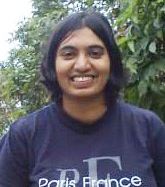 Jeeva Kanesarajah
Statistician, Centre of Military & Veterans' Health, University of Queensland
Jeeva Kanesarajah
Statistician, Centre of Military & Veterans' Health, University of Queensland
Master of Biostatistics, University of Queensland 2014
I found the BCA program to be excellent, particularly in terms of having courses that are relevent to my job as a statistician. Hard to manage part-time study with full time work, but my studies really directly benefited my work. It’s great to have such courses here, learning from experts from all around Australia.
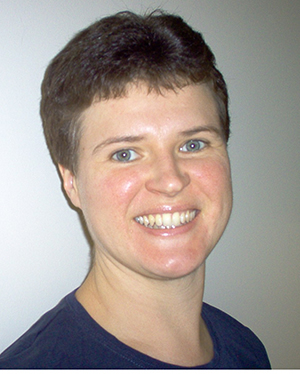 Jennie Louise
Statistician and Lecturer, School of Population Health, University of Adelaide
Jennie Louise
Statistician and Lecturer, School of Population Health, University of Adelaide
Master of Biostatistics, University of Adelaide and BCA Star Graduate 2014
I am a statistician in the Data Management and Analysis Centre in the School of Population Health at the University of Adelaide, where I work mainly on perinatal clinical trials. This is a position I achieved due to my BCA studies – prior to this, I was working as a lecturer in medical and health ethics, and had no formal statistical or mathematical training.
I enrolled in the BCA specifically to retrain for a career in biostatistics, and although the journey has been challenging, it has also been very rewarding.
The BCA program provided the right balance of strong theoretical foundations and practical statistical skills; I found that the breadth and depth of the materials provided an excellent grounding for a statistical career. A great amount of thought and effort has clearly gone into both the individual courses, and the cohesiveness of the program as a whole. I still have all my course notes, and consult them at regular intervals!
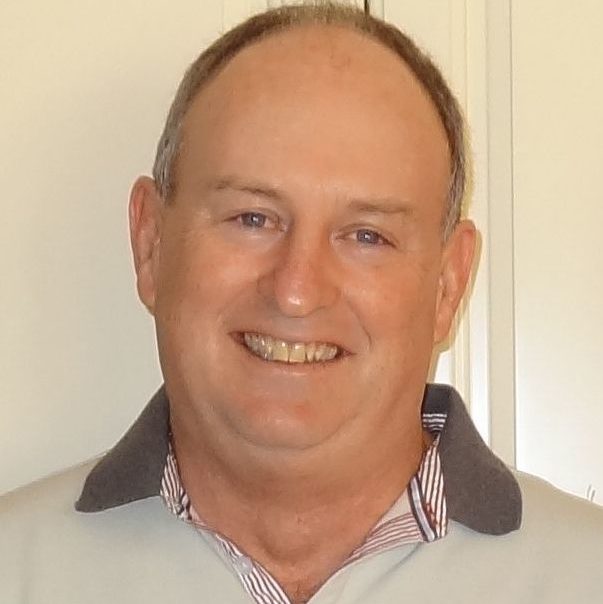 Mark Finnis
Consultant, Intensive Care Unit Royal Adelaide Hospital
Mark Finnis
Consultant, Intensive Care Unit Royal Adelaide Hospital
Master of Biostatistics, University of Adelaide and BCA Star Graduate 2014
My primary work is as a clinician in Intensive Care Medicine. However, having had a life-long interest in computer programming and databases, I had become a default resource within our ICU for quality assurance and research projects, including the provision of ‘questionable’ statistical advice. Like many in the medical field, my statistical knowledge was self-taught, limited and completely unstructured.
The BCA course offered me the opportunity to undertake directed learning over a range of topics, from pertinent background theory to applied techniques central to the vast majority of research work undertaken within our ICU and that published in the medical literature.
Whilst at times challenging, I enjoyed the course immensely and would not hesitate to recommend it to a colleague. The course has left me wishing to extend my learning further and has provided me the fundamentals necessary for this to occur.
